Recently, matcha (green tea powder from Japan) has gradually become a new beverage craze, welcomed by many young people and becoming more and more popular. However, there is currently a rumor spreading on TikTok that drinking too much matcha can reduce iron levels, even leading to iron deficiency anemia.
“I have anemia and was worried that matcha has more caffeine than coffee and interferes with iron absorption,” TikToker Yumi said in a video .
In a video with 2.8 million views, TikToker Kacey Ondimu also said that she switched from matcha tea to moringa tea after discovering that the former caused her chronic iron deficiency.
Sharing the same opinion, some experts also shared on their personal pages that drinking matcha right after an iron-rich meal can reduce the ability to absorb iron. What is the truth about this?
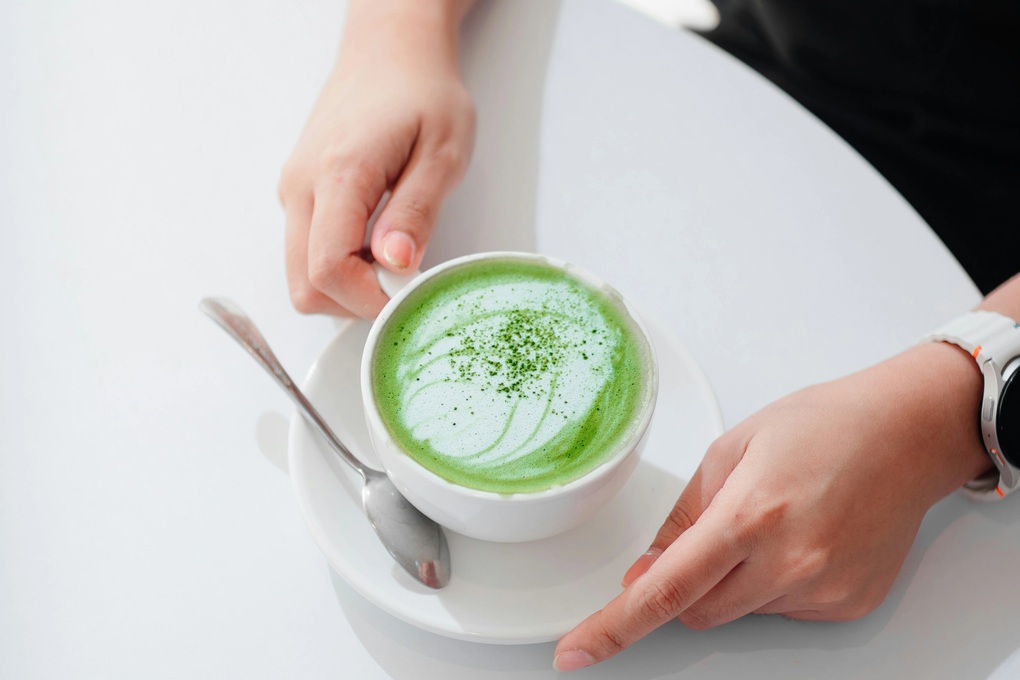
Many people believe that matcha has the ability to reduce iron absorption in the body (Photo: Unsplash).
What is Matcha?
Matcha is a fine powder made from sun-dried, shade-grown green tea leaves. It is rich in plant compounds and antioxidants, including L-theanine, chlorophyll, and EGCG. These nutrients help reduce inflammation in the body, support immunity, enhance cognition, aid detoxification, and promote heart health.
"Matcha provides a gentle refreshment without the jitters or fatigue that comes with drinking coffee," nutritionist Sapna Peruvemba tells Health .
According to Peruvemba, a teaspoon of matcha powder contains about 70-80mg of caffeine, which is about the same amount of caffeine as a cup of tea. A cup of coffee, by comparison, contains about 90mg of caffeine.
How does matcha affect iron levels?
The concern about matcha and iron relates to one of the compounds found in green tea powder: tannin. Tannin is one of several types of antioxidant compounds found in matcha and is being studied for its potential in preventing diseases like cancer.
However, tannins also limit the body's ability to absorb iron, increasing the risk of iron deficiency anemia. This condition can cause symptoms such as fatigue, dizziness, headaches, shortness of breath, and more.
Matcha is not the only dietary source of tannins. They have also been found in chocolate, some green leafy vegetables, coffee, other teas, and nuts.
However, the concentration of tannins is particularly high in matcha powder. A previous study found that the concentration of one type of tannin, EGCG, in matcha was 137 times higher than in regular green tea.
Matcha itself does not cause iron deficiency anemia, but it can affect the body's ability to absorb iron effectively if consumed too close to a meal, according to dietitian Kirbie Daily of the University of Memphis.
Further analysis, this expert said that using matcha with or immediately after an iron-rich meal will reduce the ability to absorb iron or make it more difficult for the body to absorb micronutrients in the digestive tract.
“That means that if consumed in large amounts, matcha can lead to iron deficiency over time,” she stresses.
Ms Peruvemba added that the impact of matcha on iron absorption is likely to be negligible for most healthy people. However, some groups at high risk of iron deficiency anemia should be cautious.
This group includes pregnant and breastfeeding women, people with heavy menstrual periods, people recovering from surgery, vegetarians, and people with gastrointestinal conditions such as celiac disease or inflammatory bowel disease.

Drinking matcha for a long time can affect the body's ability to absorb iron (Photo: Unsplash).
How to drink matcha without reducing iron levels in the body
According to experts, the safe use of matcha mainly depends on the timing. Specifically, drinking matcha during or immediately after a meal will have a stronger effect on inhibiting iron absorption than drinking it between meals. Therefore, people should only drink this food at least 1-2 hours between meals.
In addition, people should also pay attention to the dosage of matcha. Nutritionist Jennifer Nicole Bianchini suggests that normal people should only drink 1-2 servings of matcha per day, with each serving providing about 30-70mg of caffeine, depending on the quality and preparation.
Overall, matcha is safe for most people. However, those sensitive to caffeine may find it best to limit their consumption or choose regular green tea instead.
Additionally, some people may experience digestive symptoms such as gas or bloating when consuming matcha, so experts recommend that people who have never consumed matcha should start slowly.
Additionally, the catechins in matcha may interact with certain medications. Those taking prescription medications should consult their doctor before use.
Experts also recommend adding iron supplements to your daily diet if you are concerned about matcha reducing the absorption of this mineral in your body.
Accordingly, people should add foods such as red meat, fish, lentils, oats, quinoa and nuts to their diet. In addition, you can also combine with other foods rich in vitamin C such as broccoli, mango, bell peppers or strawberries to increase the body's ability to absorb iron.
Source: https://dantri.com.vn/suc-khoe/su-that-uong-nhieu-matcha-bi-thieu-sat-20251001112055019.htm




![[Photo] Binh Trieu 1 Bridge has been completed, raised by 1.1m, and will open to traffic at the end of November.](https://vphoto.vietnam.vn/thumb/1200x675/vietnam/resource/IMAGE/2025/10/2/a6549e2a3b5848a1ba76a1ded6141fae)





![[Video] Ministry of Health issues document to rectify medical examination and treatment work](https://vphoto.vietnam.vn/thumb/402x226/vietnam/resource/IMAGE/2025/10/2/54913f30a9934e18bcbb246c2c85f11d)

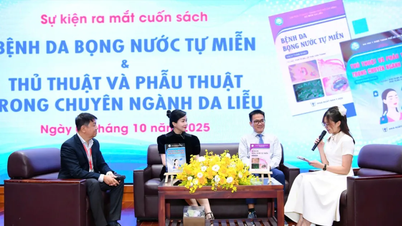


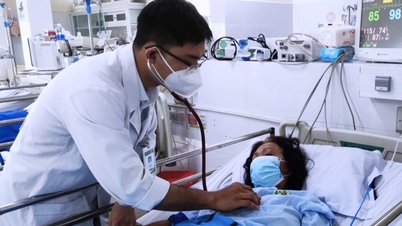






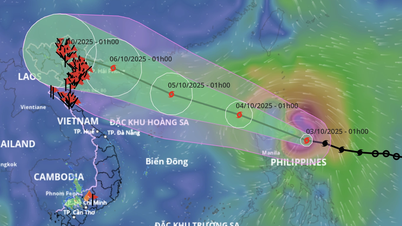

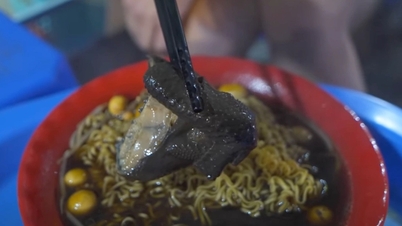







































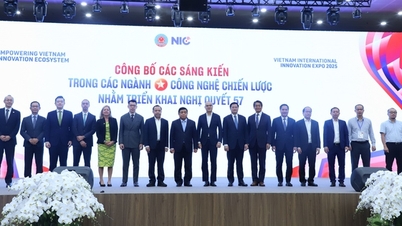

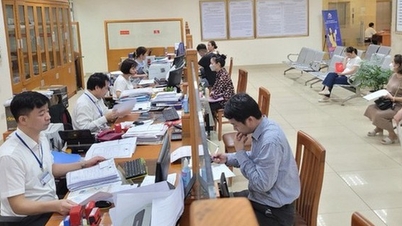
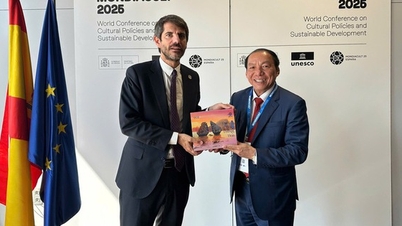



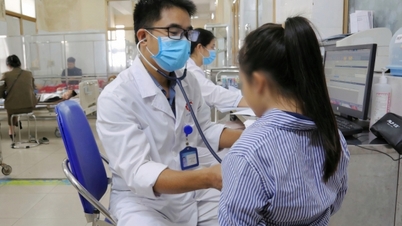





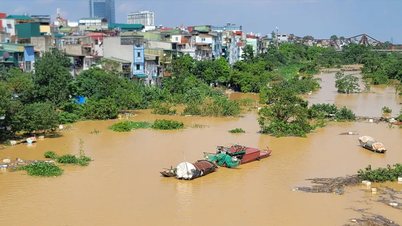
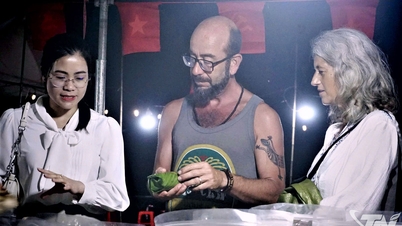















Comment (0)